15-Minute
Parenting
The Quick and Easy Way to
Connect with your Child
Joanna Fortune
Gill Books
To Diarmuid and Masie, you are my world
Table of Contents
INTRODUCTION
15-minute parenting whats it all about?
D ont we just wish thats all it took! But we all know that parenting is a 24/7 role and once we become parents our brains are hardwired to be on constant alert attending to our childrens needs, worrying if theyre OK, if we are doing enough for them all while we try to keep homes, jobs and family life working harmoniously.
I am not for one moment trying to dismiss the full-time nature of parenting but I am offering you an insight into what you can achieve in just 15 minutes of playtime with your children each day. It is because I fully appreciate the demands of parenting in busy families and lifestyles that I am showing you that small changes can and do make big differences.
But its just play; what difference is that going to make?
There are countless psychosocial benefits for children (and parents) to spending time together as a family. Regular family time helps to create and sustain strong emotional connections between parents and children while keeping those all-important lines of communication open among all family members. Studies have shown that children who grow up in families where time together is a regular practice perform better at school and tend to display less challenging behaviours.
But how can I fit this in?
It is very difficult to feel as though you can build in enough quality family time when you are parents who work outside of the home and otherwise seem to be taxiing children between extracurricular activities. So what follows here is a parenting system based on simple but effective ways to build quality playful time together into any schedule, even when you might not have quantity time.
As best you can, keep family time together simple and fun; this way, you are more likely to keep it consistent and that is what matters most. It should not feel like a chore or yet another thing you have to fit into your day/week. If it does, perhaps you can tweak how you are doing it to ensure that it suits your familys definition of fun together. As long as it works for you and your family, it works!
To achieve this each day takes planning. You need to find a window each day of 15 uninterrupted minutes. If you can manage more, great, but 15 minutes is enough. Perhaps consider a longer play session (30 minutes or more) when you can all be at home together on a Saturday or Sunday afternoon. Pick three play activities for a 15-minute play time and perhaps five to seven activities for a 30-minute timeframe. Have anything you might need to hand so that you do not have to leave the room to get anything (most of the props I suggest are easily sourced around your home and do not require spending money). Turn off all phones and put a DO NOT DISTURB sign on the door. Be present.
The goal is fun, so all members of the family should be able to enjoy the activities you have planned. Its okay to play the same ones each week, but you can also mix it up a little and combine new games with familiar ones. It would be lovely if you could all play together like this every day but start with 15 minutes a few times a week, every week, and gradually build up. Being good enough is good enough!
Children dont want stuff from you they want your time. Your presence is the best present you can offer. Take just 15 minutes a day with your child and you will build a connection, foster open communication and create memories that last a lifetime its childs play!
CHAPTER 1
Preparing for Parenting
H istory doesnt repeat itself, but it often rhymes. How we experienced being parented in our own childhoods will directly influence and inform the kind of parents we become to our own children. Our own early childhood experiences can leave us with a psychological scotoma, or mental blind spot, making us oblivious to what our own children need from us, particularly in the emotional areas of their lives.
We cannot nurture others if we feel un-nurtured ourselves. Insecurity in our own early attachments may contribute to a current sense of unfulfilment or disappointment. It is important that you value yourself enough to know that you must respond to this and take care of yourself so that you can take care of your child and respond to their needs in an attuned, securely attached way.
I believe that there is no better way of realising that you have unresolved issues from your own childhood than to become a parent. Becoming a parent and facing the daily demands and needs of a young child will bring unresolved issues bubbling to the surface and if we do not address these they will most certainly impact upon and influence the kind of parent we are to our own children. So parenting starts with introspection looking inwards so that we can focus outwards beyond ourselves.
In these pages, I will be discussing the importance of raising our children to get them to a place where they can self-regulate their emotions, accepting that it is quite typical for this to take the first seven years of their lives; for children with added emotional and developmental needs it will take even longer. Self-regulation and the capacity to self-soothe are cornerstones of developing a capacity for intimacy and emotional closeness in relationships as we grow. However, this capacity is not an innate one. It is acquired, developed and nurtured within us through relationships we have with loving and caring others, primarily our own parents and then our extended attachment network (grandparents, relatives, childcare provider, a teacher, etc.). And so we must assume the role of imparting these essential life skills to our own children.
But how do we give what we didnt get ourselves? If you find it hard to welcome and embrace your childs emotional struggles, or if its an effort to encourage and allow your child to separate from you so that they can explore their world while you observe from a distance and support their learning, there is a reason for this. Lets take a look at why.
PARENTAL SELF-AUDIT
Start by asking yourself some questions. The important thing is to answer as fully and honestly as you can, noting if there is something you feel requires further reflection or support to deepen your understanding. For some of us, this further reflection will be a personal contemplative process; for others, we may benefit from meeting with a suitably qualified professional who can support us in working through these blocks. It is important that your reflective process leads to practical actions you can take to address any blocks you might be experiencing. The play techniques detailed throughout this book will help you with this part of your process.
These questions might include:
 What was growing up like for you?
What was growing up like for you?
 In what ways was your relationship with your mother similar to/different from your relationship with your father?
In what ways was your relationship with your mother similar to/different from your relationship with your father?
 How were you disciplined as a child and how did this make you feel at the time? How do you feel about it now?
How were you disciplined as a child and how did this make you feel at the time? How do you feel about it now?
 Who played with you as a child? Do you have memories of your parents playing with and/or singing to you? Can you recall a specific time this happened? What was the game/song? How did it feel when they played with/sang to you? Or if they didnt, how does that feel to you now, and how might it have felt to you when you were young?
Who played with you as a child? Do you have memories of your parents playing with and/or singing to you? Can you recall a specific time this happened? What was the game/song? How did it feel when they played with/sang to you? Or if they didnt, how does that feel to you now, and how might it have felt to you when you were young?
Next page


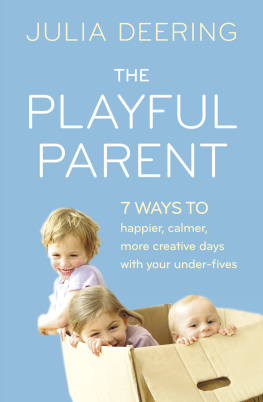
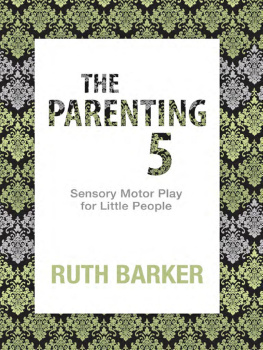
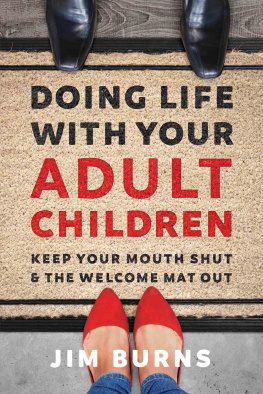
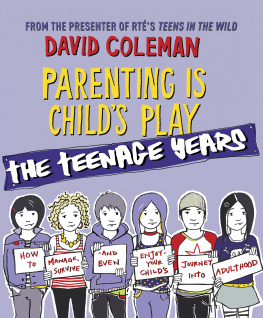
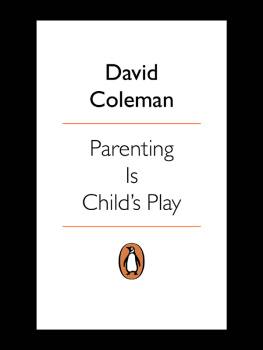
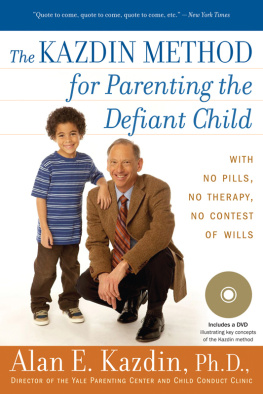
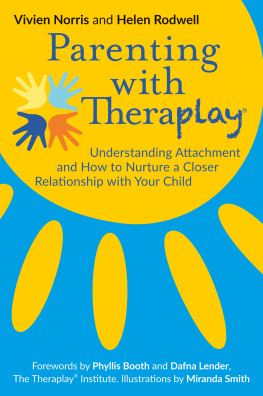
 What was growing up like for you?
What was growing up like for you?